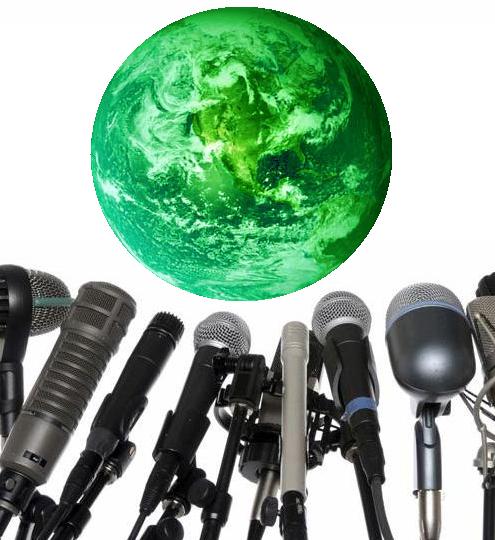Oh gosh, what did I get myself into?
I thought as I found myself becoming a public speaking mentor for the C2C Fellowship Summit, co-organized by the Bard Center for Environmental Policy and Climate Corps Bay Area.
In theory, working in a PR firm and volunteering for the Zawadisha fund may qualify me to help student activists—many my age or older—to tell their stories, “define a mission statement, and make an ask.” But let’s face it: being 22, I’ve only recently stepped over the line from barefoot dancing in kitchen-parties and cramming essays, to attaining a minimal semblance of professionalism.
During the workshop, I began asking mentees for their top-of-mind issues. Then, I asked everyone to recall a memory with a strong emotional impact to formulate a personal narrative. The mentees easily formed a story explaining their current passions with past experiences, but, most had trouble being so forward as to make an ask.
To overcome this obstacle, I shaped the workshop by using what I learned from Antenna Group messaging sessions. Regardless of whether they were working with urban agriculture, environmental justice or energy policy, everyone’s issues centered around three questions:
1. What is the problem?
2. Why should I, the audience, care?
And finally, I pushed for the ask by encouraging everyone to answer the third question:
3. How are you, the speaker, part of the solution?
Most found the third question to be the most difficult, because it requires the mentee to localize a grand, complex problem to something that is doable with one person. This is compounded by the fact that while classes teach students infinite ways of problem analysis, they tend to leave concrete action out of the curriculum.
On my part, mentoring others helped me discover another, more introspective side of messaging. Being in the environmental movement, I see that we can get tangled in strategies and deadlines, and sometimes fail to step back and examine our greater direction. This becomes problematic when we drown in our work and forget conversations, or lose ourselves in rhetoric and back-burner implementation. Good messaging– aka answering the above three questions– helps us find common ground, connect with audiences, and outline relevant actions. Additionally, it stretches us to put ourselves in different shoes, and stay accountable with our deliverables.
At the Berkeley fellowship summit, I was inspired by all the buzz and activity, and thankful to be able to help others with their ideas. While I only helped in crafting speeches, perhaps it is a step in helping us find the commonalities essential for environmental movement to retain its cohesion and efficacy.

